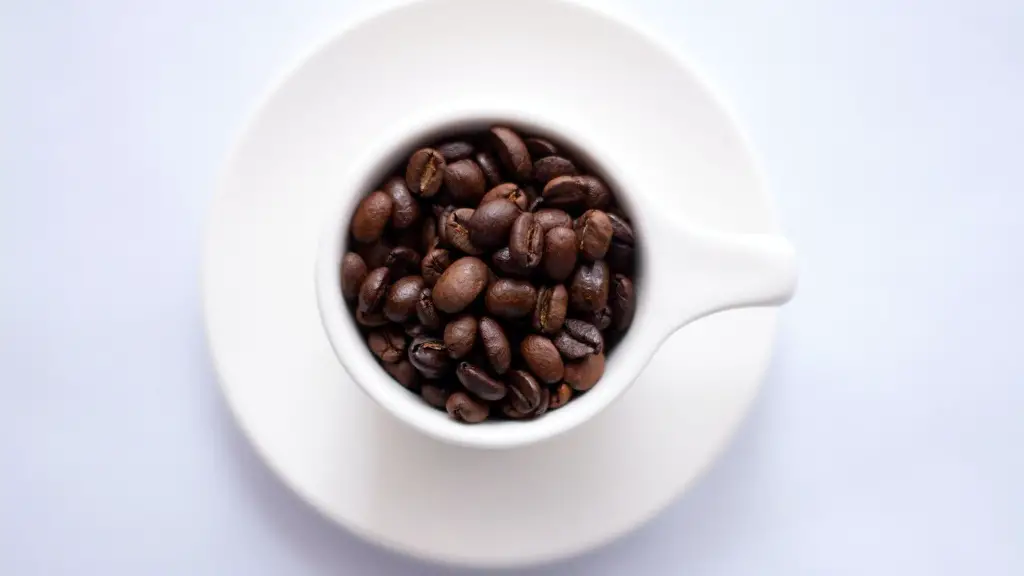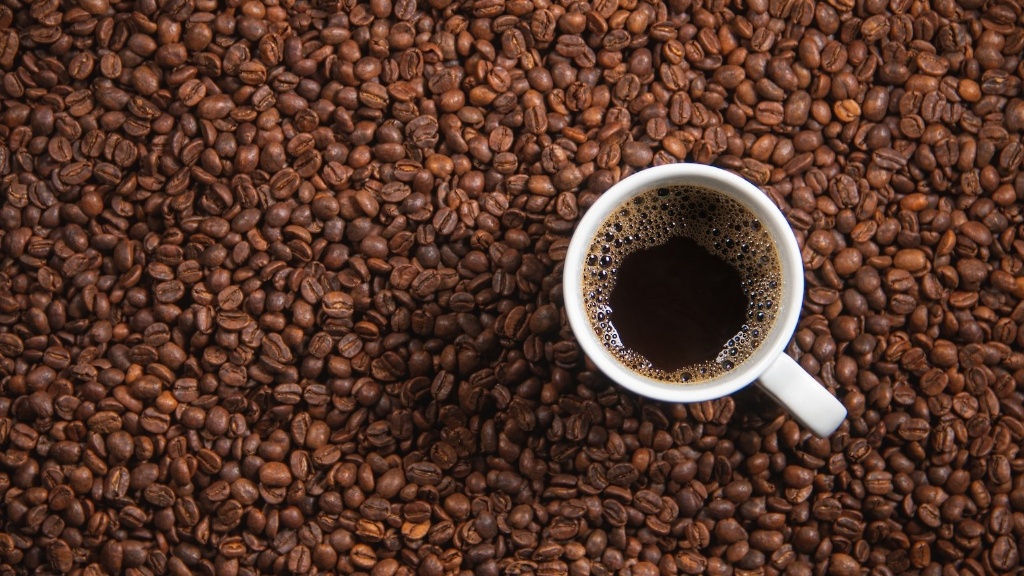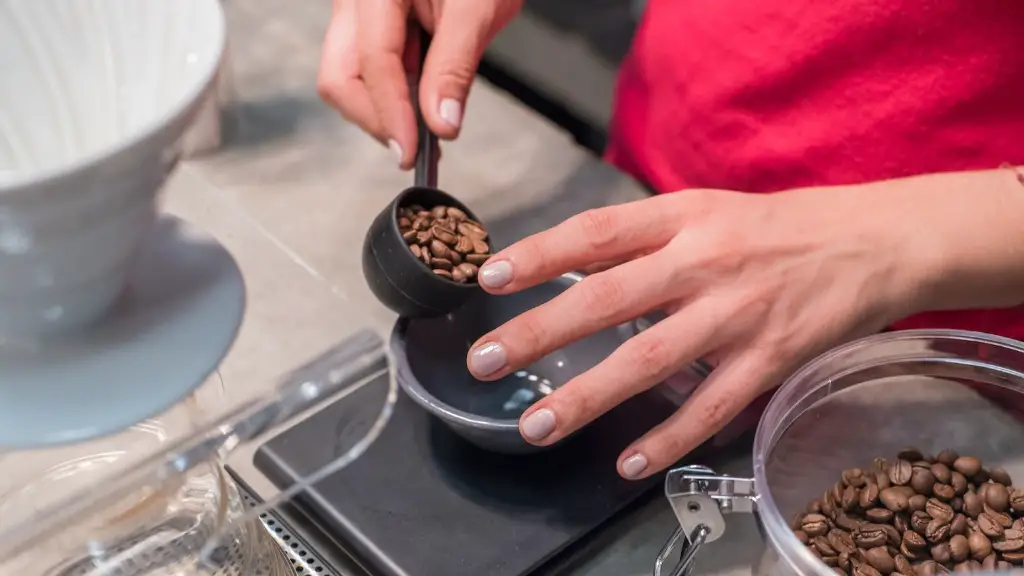How To Stop Drinking Coffee and Tea
Many people rely on their daily dose of tea or coffee to start their day and stay energized. Unfortunately, drinking too much can lead to numerous side effects, such as jitters, dehydration, and even tooth decay. Fortunately, there are simple steps you can take to reduce your caffeine addiction and cut out tea and coffee from your diet.
The most important step is to be aware of exactly how much caffeine you are consuming. It is easy to underestimate your intake. Some popular beverages, like energy drinks and iced tea, can contain very high levels of caffeine and can quickly add up in your daily total. Therefore, it is always a wise idea to read labels and check the amount of caffeine each drink contains. Additionally, some experts recommend slowly reducing the amount of caffeine you consume when you are attempting to cut it out of your diet.
The second step is to find a suitable substitute for your morning beverage. Green and herbal teas, as well as decaffeinated coffee, are excellent alternatives that taste very similar to their caffeinated counterparts. Caffeine-free herbal coffee drinks are also a popular option. You could also try infusing your cup of tea or coffee with non-caffeinated herbs like chamomile, lavender, and rooibos tea.
Once you start to wean yourself off caffeine, it is important to stay motivated. Keeping a diary is one way to stay focused and track your progress. You could also reward yourself with non-food related treats for managing to reduce you caffeine consumption. Just make sure you don’t reward yourself with an unhealthy alternative, such as sugar or processed snacks.
Finally, it is essential that you get enough rest. Making sure you get plenty of sleep can help reduce cravings and prevent you from feeling desperate for a quick energy boost. Schedule time to practice relaxation techniques such as stretching, yoga and mindfulness, so you can recharge and stay energized without consuming caffeine.
Finding Alternatives
If you are trying to cut tea and coffee out of your diet, the best way to start is by finding suitable alternatives. Instead of reaching for a cup of caffeinated tea or coffee, try some of these refreshing alternatives.
Green and herbal teas are usually caffeine-free, so they can be a great substitute for your morning beverage. You could also try decaffeinated coffee, or extract your espresso or filter coffee with a smaller dose of beans to make it weaker. Additionally, there are a variety of non-caffeinated herbal coffee substitutes that taste great. Some of the most popular options are chicory, dandelion, carob, and barley.
You could also try infusing your morning beverage with invigorating herbs. Peppermint, chamomile, lavender, and rooibos are some popular options. Creating an infusion with freshly picked herbs will add more nourishment to your beverage.
Getting Motivated
When quitting caffeine, it is important to have a plan and stay focused. Keeping a diary is an effective way to track your progress and document any changes you have made. This can help you stay motivated and progress towards your goal.
It is also wise to reward yourself for managing to reduce your caffeine consumption. But try to steer clear of rewards that involve sugary food or unhealthy snacks. Instead, choose treats that don’t involve food, like taking a hot bath or treating yourself with a massage.
Finally, it might be helpful to let your friends and family know that you plan to quit. Sharing your plans will not only make it easier to stay motivated, but will also reduce the temptation of peer pressure when you are out with friends.
Getting Enough Rest
It is always important to get enough rest, but it is particularly important when reducing your caffeine intake. Make sure you get 7 to 8 hours of sleep each night so you can stay energized and avoid feeling desperate for a quick energy boost. If you have difficulty sleeping, some experts suggest avoiding caffeine after 12pm, as this will increase your chances of having a good night’s sleep.
Practicing relaxation techniques such as yoga, stretching, and mindfulness are great alternatives to relying on caffeine for energy. Taking regular breaks to relax and unwind can help reduce cravings and give you a welcomed energy boost after a long day.
Finally, aim to drink plenty of water and stay hydrated throughout the day. Drinking lots of water can help reduce cravings and keep you energised. Adding some slices of lemon and cucumber to your water can give it an extra refreshing boost.
A Balanced Diet
When trying to quit coffee and tea, it is important to focus on eating a balanced, healthy diet. Eating regular meals throughout the day can help sustain energy levels and reduce cravings. It may also help to opt for nutritious snacks such as bananas, nuts, hummus, and dried fruit.
Ensuring you are getting enough vitamin B in your diet is particularly important when cutting out caffeine. Vitamin B found in foods such as eggs, nuts, beans and whole grains can help your body absorb energy from carbohydrates, allowing you to stay energetic throughout the day.
Green vegetables are another great food to add to your diet as they are filled with B vitamins and magnesium. Magnesium helps to regulate nerve and muscle function, as well as reducing fatigue and improving concentration.
Herbal Supplements
If you find yourself feeling overly fatigued and lacking energy, research suggests that some herbal supplements may help. Ginseng and guarana are two popular herbs that are known to increase energy and alertness. Additionally, spirulina is a nutrient-dense, antioxidant-rich superfood that can help balance blood sugar levels, boost energy and increase focus.
However, it is always advised to speak to your doctor before taking any new supplements. They will be able to advise on suitable doses and any potential side effects. Additionally, it is important to note that herbal supplements should not be used as a replacement for a balanced, nutritious diet.
Manage Stress
When attempting to quit caffeine, it is equally important to manage your stress levels. Stress can often cause us to reach for that cup of coffee or tea, as its caffeine content can provide us with a quick energy boost. Instead of turning to caffeine, try practicing mindful breathing and grounding techniques when you find yourself feeling overwhelmed.
It can also be helpful to take regular breaks throughout the day to relax and rest. Go for a walk outside, read a book, listen to calming music, or practice meditation. Break long periods of work up with mini breaks throughout the day. This will not only reduce your stress levels, but can also help prevent you from feeling desperate for a quick energy boost.
Alternative Treats
It is normal to feel cravings, especially at nights after work or late at night. But instead of reaching for a cup of tea or coffee, try some delicious alternative treats. Some ideas are: herbal teas, hot herbal milk drinks, sparkling water with a slice of lemon, or warm coconut milk. You could also make yourself a smoothie with yogurt, chia seeds, banana, and almond milk.
Snacking on healthy options such as trail mix, dark chocolate, and nuts can also be very satisfying. Additionally, you could also try creating a latte with almond, soy or coconut milk. Sweeten it up with dates and add a pinch of cinnamon for an extra hint of deliciousness.
Practice Self-Care
The process of quitting tea and coffee can sometimes take a toll on your mental health, so it is vital to practice self-care throughout the journey. Try to have fun and experiment with new recipes, as well as being realistic with your expectations. Don’t put too much pressure on yourself to quit straight away – take your time and listen to your body.
Finally, remember to be gentle and kind to yourself throughout the entire process. Celebrate any progress you make, and don’t punish yourself if you have a slip up. Quitting caffeine can be difficult, but by having a positive attitude and focusing on your goals, you will soon find it rewarding.





